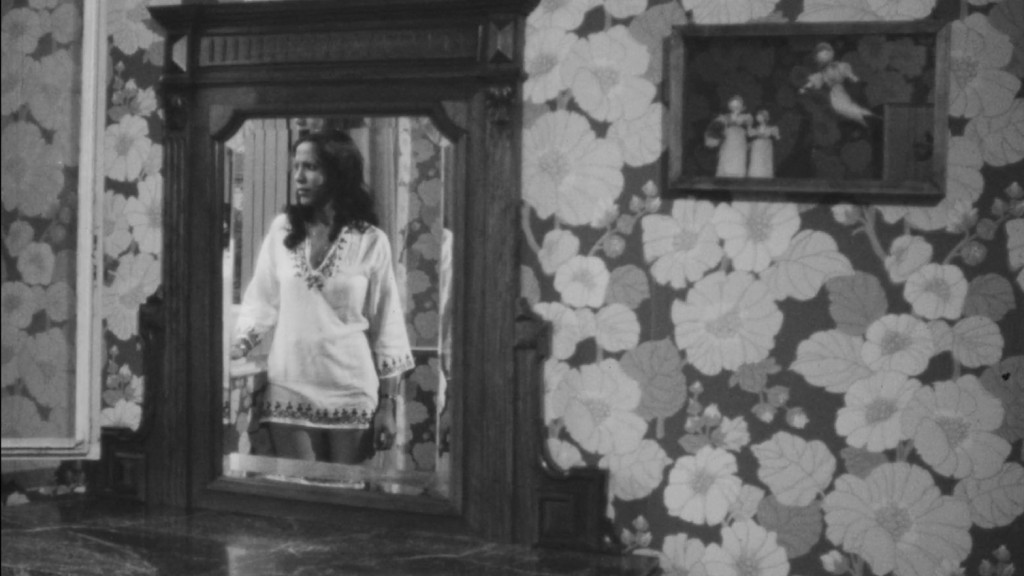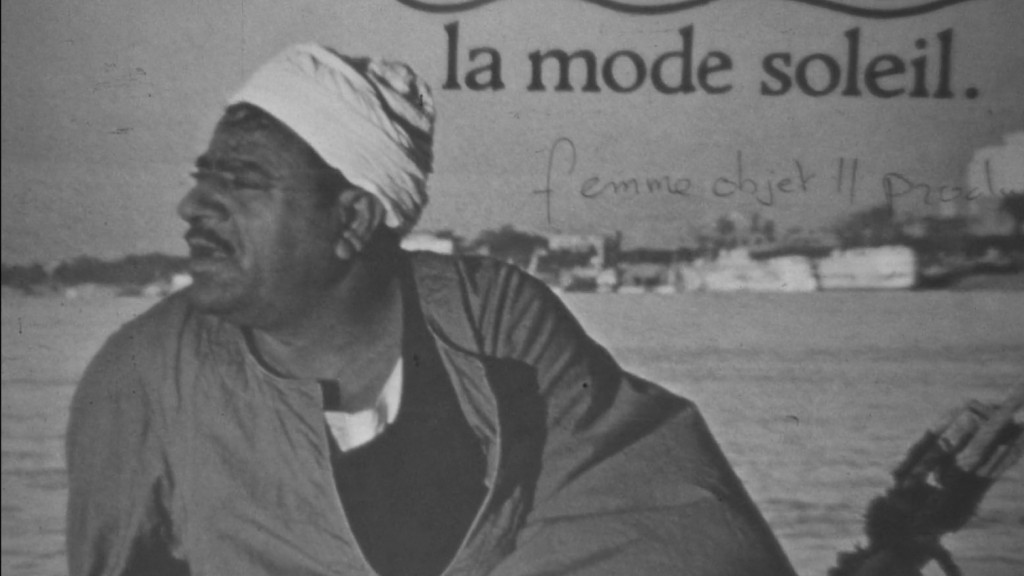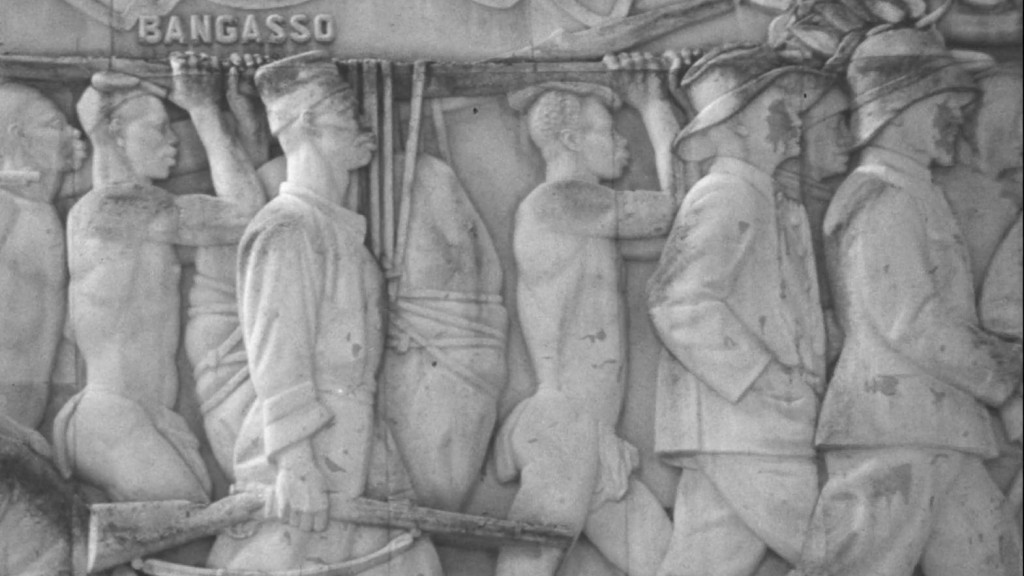- Program
- /
- Film Series
- /
- YA FRANÇA, YA FRANÇA
- /
- DÉ-PRISE
DÉ-PRISE
Followed by a talk with Rabia Teguia
Talk in French with live translation
M comme Malika (M as Malika)
Anne-Marie Lallement, France, 1980, 27 min
Alia
Rabia Teguia, Algérie, 1965, 10 min
Super 8 images, silent, rushes of an uncompleted, to be finished film
Ya frança, Ya frança
Rabia Teguia, France, 1980, 11 min
Born in Algeria, Malika arrived in France at the age of 14, became a seamstress and then enrolled in sociology at the Center Experimental Libre de Vincennes which then welcomed working students, even those without diplomas. Very quickly, her interest was drawn towards theater and cinema. In M comme Malika, she is filmed by a filmmaker friend.
Her career echoes that of Rabia Teguia. In the 1960s, while working as a young nurse in France, she began to travel in her free time. Having always dreamed of going to art school, she never left her Super 8 camera behind. In 1965, she spent some time with her older sister, Alia, who had never left Algeria and lived in Mostaganem with her husband and children. With tenderness, an assertive aesthetic and political power, Rabia Teguia's images explore the spaces, interior and exterior of the woman that she could have been. Alia is both dreamlike and unfinished. A few years later, having become a film student at the Center Experimental Libre de Vincennes, she directed Ya França! Ya frança!, a personal and feminist claim, a manifesto captured on film.
Rabia Teguia was born in Algeria in 1936 and moved to France as a teenager. Against the background of the Algerian war of independence, she continued her studies there, in sewing and then in medicine, simultaneously working as a nurse-anesthetist. In 1975, she was a working student at the University of Paris 8 in Vincennes. “Sociology then Cinema, Godard and political effervescence. There, a short film… Ya França! Ya frança! rhythms in ruptures like its gaze that runs through reality.” Teguia later chose to express herself through painting, while continuing her career in health and extending her political activism. Today, with the project DÉ-PRISE, Teguia returns to her 16mm and Super 8 films, digitized and restored at the Polygone Étoilé in Marseille.


